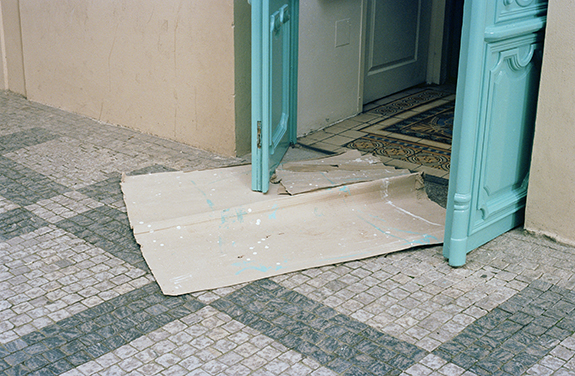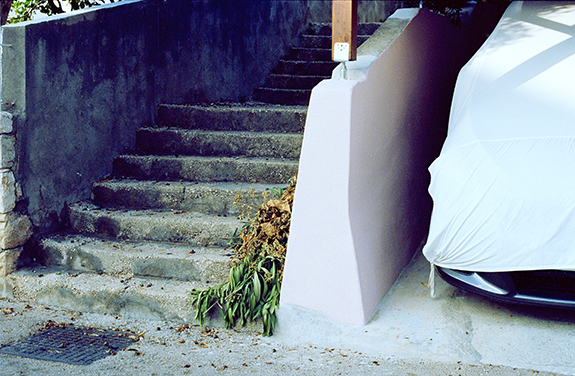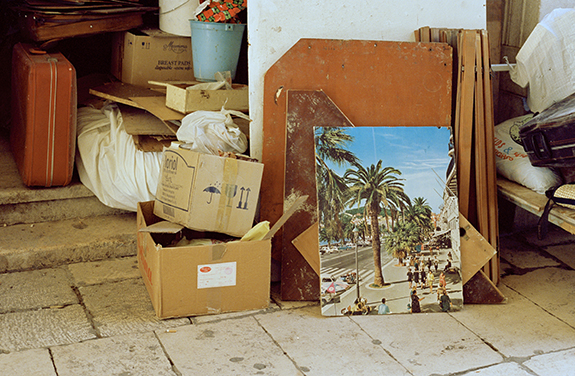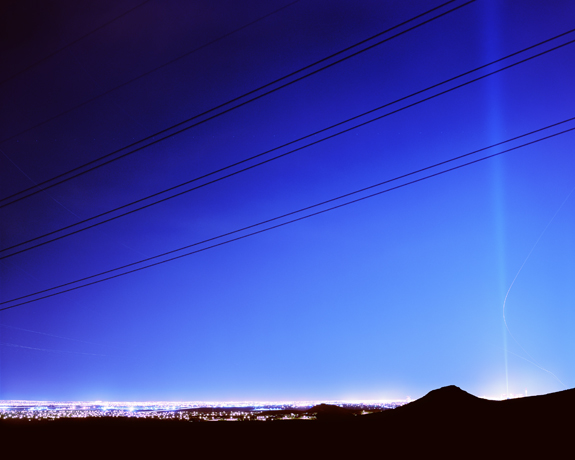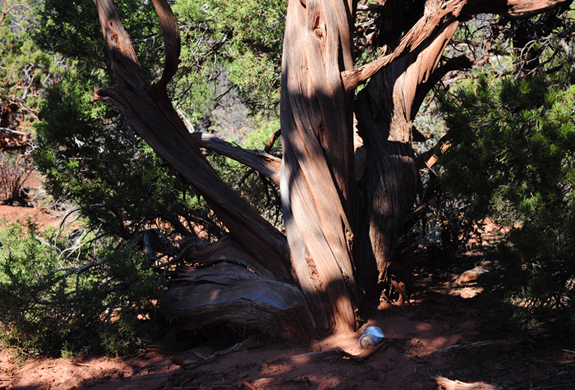
www.ChristinaLange.com
I am drawn to working on environmental photo stories. What fascinates me the most is the interaction between humans and the wilderness, and how extreme the care for the wilderness can vary between people from the mentality of nurture and bestowing love and care to treating any open space, as long as no one can see you, as a potential for abandoning items one no longer needs. It is this contrast that informs the totality of my work.
This particular project focuses on the sad truth that for some, the wilderness is a convenient place to throw out, discard, leave behind whatever they need to get rid of. That is the story behind Basura – Southwest USA, a most breath-taking area, where unfortunately the eye gets jolted repeatedly by left-behind trash. This is a world-wide phenomena and I continue to photograph other regions I am privileged to travel to.
— Christina Lange, Salton City, California, USA
